Induction quenching machines are pivotal tools in heat treatment processes, providing efficient and precise hardening of various materials. To ensure the longevity and consistent performance of these machines, implementing best practices for maintenance becomes paramount. This passage outlines key steps and strategies to guide operators in maintaining induction quenching machines effectively.
Regular Inspection and Cleaning
Establishing a routine for visual inspections is crucial in catching potential issues early. Regularly inspect the induction quenching machine for signs of wear, loose components, or any abnormalities. Pay close attention to the condition of coils, cooling systems, and power supply components.
Maintain a clean working environment around the induction quenching machine. Dust, debris, or coolant residues can affect the machine's performance and lead to premature wear. Regularly clean and remove any contaminants from the machine's surfaces, coils, and cooling systems to ensure optimal efficiency.
Cooling System Maintenance
The cooling system plays a crucial role in preventing the machine from overheating during operation. Regularly check coolant levels and top up or replace the coolant as needed. Insufficient coolant can lead to elevated temperatures, affecting the efficiency and lifespan of the machine.
Heat exchangers are integral components of the cooling system. Over time, they can accumulate dirt and scale, hindering heat dissipation. Incorporate regular cleaning of heat exchangers into the maintenance routine to ensure the efficient transfer of heat away from the induction quenching machine.

Calibration and Alignment
Maintain precision in the induction quenching process by regularly calibrating the machine. This ensures that the equipment delivers the intended levels of power, frequency, and temperature. Calibrate sensors, controls, and power sources to guarantee accurate and consistent results in heat treatment.
The alignment of the induction coil is critical for uniform heating. Periodically verify the alignment of the coil with the workpiece. Misalignment can lead to uneven heating, affecting the quality of the heat-treated components. Adjust and realign the coil as needed to maintain optimal performance.
Lubrication of Moving Parts
Induction quenching machines often include moving parts, such as conveyors or part-handling systems. Regularly lubricate these components to reduce friction and prevent premature wear. Follow manufacturer recommendations for the type and frequency of lubrication to ensure smooth operation.
The motor and drive systems are essential for the movement of components within the induction quenching machine. Inspect these systems regularly for signs of wear, overheating, or unusual noises. Address any issues promptly to prevent further damage and maintain the reliability of the machine.
Documentation and Record-Keeping
Establish a comprehensive record-keeping system for all maintenance activities. Document inspections, repairs, calibration results, and any modifications made to the induction quenching machine. This historical data serves as a valuable resource for troubleshooting, trend analysis, and future planning.
Develop a preventive maintenance schedule based on the manufacturer's recommendations and the machine's operational history. Regularly perform preventive maintenance tasks, such as replacing worn components, updating software, and conducting thorough inspections. This proactive approach helps prevent unexpected breakdowns and ensures continuous operation.
Implementing best practices for induction quenching machine maintenance is instrumental in prolonging the life of the equipment and sustaining optimal performance. By incorporating regular inspections, maintaining cleanliness, monitoring cooling systems, calibrating and aligning components, lubricating moving parts, and maintaining comprehensive records, operators can ensure that their induction quenching machines operate efficiently and reliably throughout their lifespan. This proactive care not only reduces downtime and repair costs but also contributes to consistent and high-quality heat treatment results.

 en
en  cn
cn  jp
jp  ko
ko  de
de  es
es  it
it  ru
ru  pt
pt  vi
vi  th
th  pl
pl 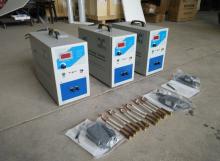
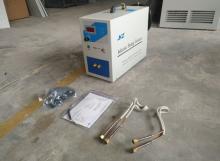
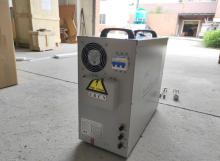
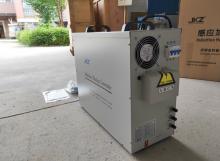
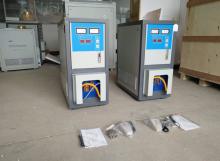
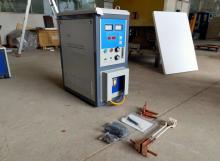
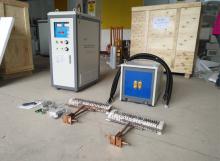
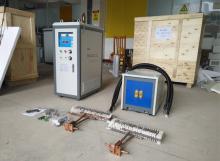
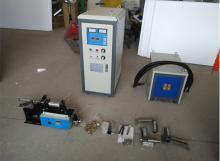
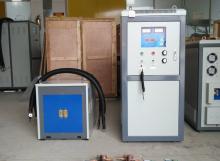
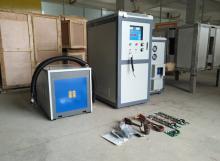
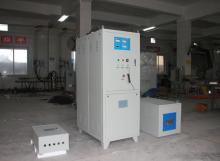
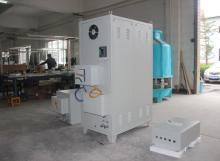
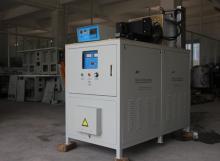
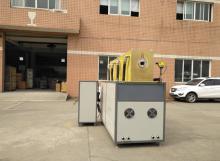
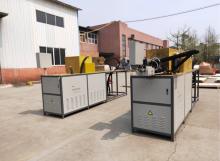
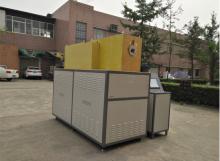
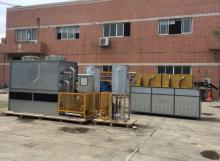
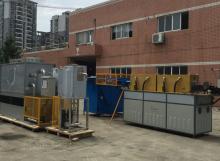
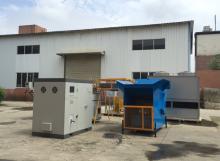
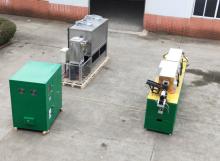
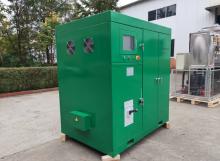
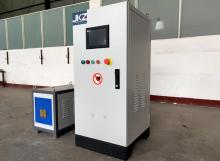
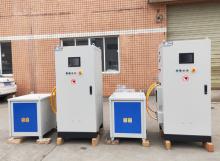
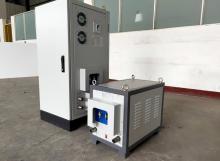










 Call us on:
Call us on:  Email Us:
Email Us:  NO. 688th South Baoguang Road, Xindu District, Chengdu City, Sichuan Province, China
NO. 688th South Baoguang Road, Xindu District, Chengdu City, Sichuan Province, China